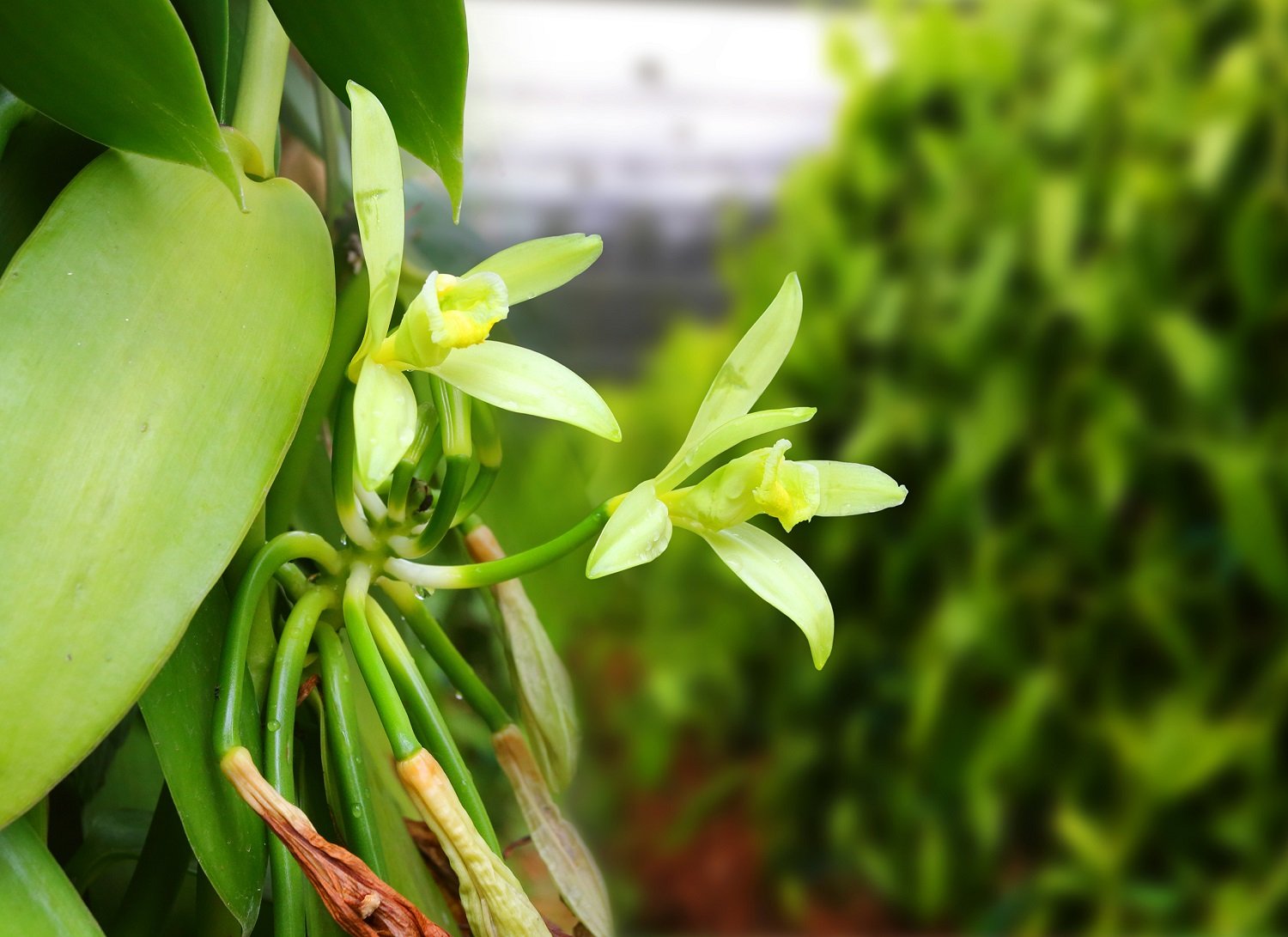Mexican Flowers for Sale - Buying & Growing Guide
Do You Know Your Growing Zone? i Growing zones help determine if a particular plant is likely to grow well in a location. It identifies the average annual minimum winter temperatures across the U.S. provided as a map by the USDA.
2 Results
Mexican Flowers – Buying & Growing Guide
Some of the most impressive flowers in the world hail from Mexico. These plants can come in many different varieties and colors but typically share the same preference for a hot climate. If you can provide such a climate, the prettiest flowers native to Mexico are yours to enjoy in your garden.
Types of Mexican Flowers
| Type | Growing Zones | Mature Height | Sun | Features |
| Poinsettia, Euphorbia pulcherrima | 9-11 | 2-10 feet | Full sun: 6-8 hours | Flower petals are red and as large as leaves |
| Dahlia, Dahlia pinnata | 8-11 | 3-4 feet | Full sun: 6-8 hours | Deeply colored flowers with many petals, can grow as an annual |
| Bird of paradise, Strelitzia | 9-11 | 3-5 feet | Full sun: 5-6 hours | Unique bird-shaped flowers |
| Adam’s needle, Yucca filamentosa | 5-10 | 4-6 feet | Full sun: 6-8 hours | Spike-shaped leaves, prominent center flower stalk |
| Morning glory, Ipomoea purpurea | 3-10 | 3-8 feet | Full sun: 6-8 hours | Light, manageable vine with pleasant, rounded flowers |
| Belize sage, Salvia miniata | 9-10 | 3-4 feet | Full sun to part shade: 4-6 hours | Moderate size, striking red flowers |
| Mexican hat flower, Ratibida columnifera | 4-9 | 1-3 feet | Full sun: 6-8 hours | Deep red flowers with tall hat-like shape |
| Mexican sunflower, Tithonia rotundifolia | 2-11 | 4-6 feet | Full sun: 6-8 hours | Bold orange flower with a rich golden center |
How to Plant and Grow Flowers
Planting and growing flowers of any kind is a matter of following the correct planting and care procedures. You should begin by finding the ideal location for your flowering plant. If you are working with a plant that is native to Mexico, then you will most likely need an area that is open to the sun for several hours of the day. These plants will likely need soil that has great drainage capacity as well.
You should also know that many plants from Mexico are not able to survive cold winters. For that reason, you need to do your best to mimic the natural environment that these plants need. If the winters are too cold where you live, you can choose to grow your Mexican flowering plants indoors. Or you can try overwintering your outdoor plants.
Along with understanding what a flowering plant from Mexico needs to survive, you’ll also need to follow some general plant care principles. These include following an appropriate watering and fertilization schedule. This also involves sufficient pruning and pest prevention. If you can manage those tasks, soon you’ll have plenty of vibrant Mexican flowers blooming each year in your garden.





